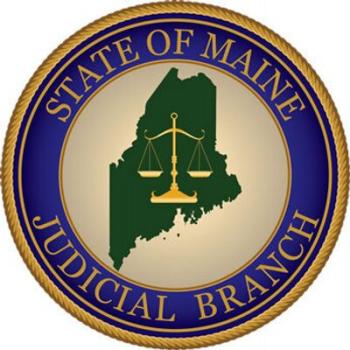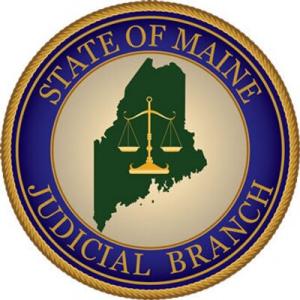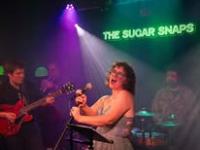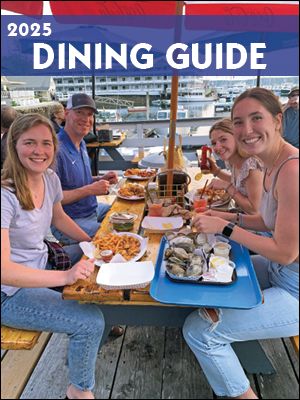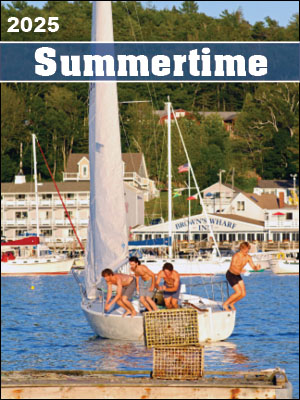Supreme court hears arguments in CSD referendum case
Legal action around the $30 million referendum for renovations to Boothbay Region Elementary School continued this month as lawyers presented oral arguments to Maine Supreme Judicial Court Oct. 10 at Cumberland County Courthouse in Portland.
The move is the latest in a dispute around the 2024 referendum to bond renovations at the school. June 2024, eight petitioners filed the lawsuit against the Community School District (CSD) and Board of Trustees, arguing their rights were violated when the district rejected a petition for a new referendum. They requested the court declare the petition valid and the district hold a new vote. In December, a Lincoln County Superior Court justice denied the plaintiffs' request.
In the Oct. 10 hearing, attorney Kristin Collins said the plaintiff’s argument comes down to the intent of laws around reconsidering a referendum. She said the plaintiffs met requirements by submitting their petition for reconsideration by the deadline with the required number of signatures, and it should have been accepted by the district.
“Why was it rejected? I would submit that ideologically it was probably rejected because this school board was quite dug in on this particular school project,” she said, later adding, “this court should order the holding of the election.”
The petition called for reconsidering and repealing a vote that approved a $30 million BRES renovation, and a second article asked if voters supported the CSD in updating and renovating BRES in a project not to exceed $10,250,300.
According to Collins, the petition directly asked for a reconsideration, which is supported under the law. She said the board had no discretion to reject a petition for reconsideration, only to determine whether it met the requirements.
However, justices discussed with the lawyers whether the petition is something else, such as a request to repeal rather than reconsider. While similar, rules and laws around the two differ.
They also discussed whether the petition articles could be changed or separated and, if so, whether the CSD has the authority to do so. Defendant lawyer David Kallin argued that the district couldn’t do either.
“(The CSD) can't invent the motivation of the voter. They are stuck with the words that were presented to them on the petition,” he said.
He said the petition language reverses a yes and no vote, which would confuse voters by not sending the same question to the polls. In order to align the language, the district would have had to alter it. Kallin also said the articles could not be severed by the CSD because the petition asked for something more than a reconsideration of the exact same referendum language.
At least one justice seemed to agree on the particular issue.
“Signatories to this petition here, they signed on,” said Associate Justice Andrew Mead. “They didn't conditionally sign on. There were two articles there. So, I think we can't start tinkering and you can't start tinkering as to who meant what and they did what.”
However, Collins said petitioners could have simply requested reconsideration with the number of signatures needed, “and that would have been enough. It would have left the school board with the requirement to write whatever language was going to go on that article.”
“That’s not what they did,” replied Chief Justice Valerie Stanfill.
“It's not what they did. And what they did, though, still has the same intent and effect. It was clear,” Collins said.
After hearing arguments, the court adjourned. Justices said they will render their verdict on Patricia M. Minerich v. Boothbay-Boothbay Harbor Community School District. No timeline was provided.


